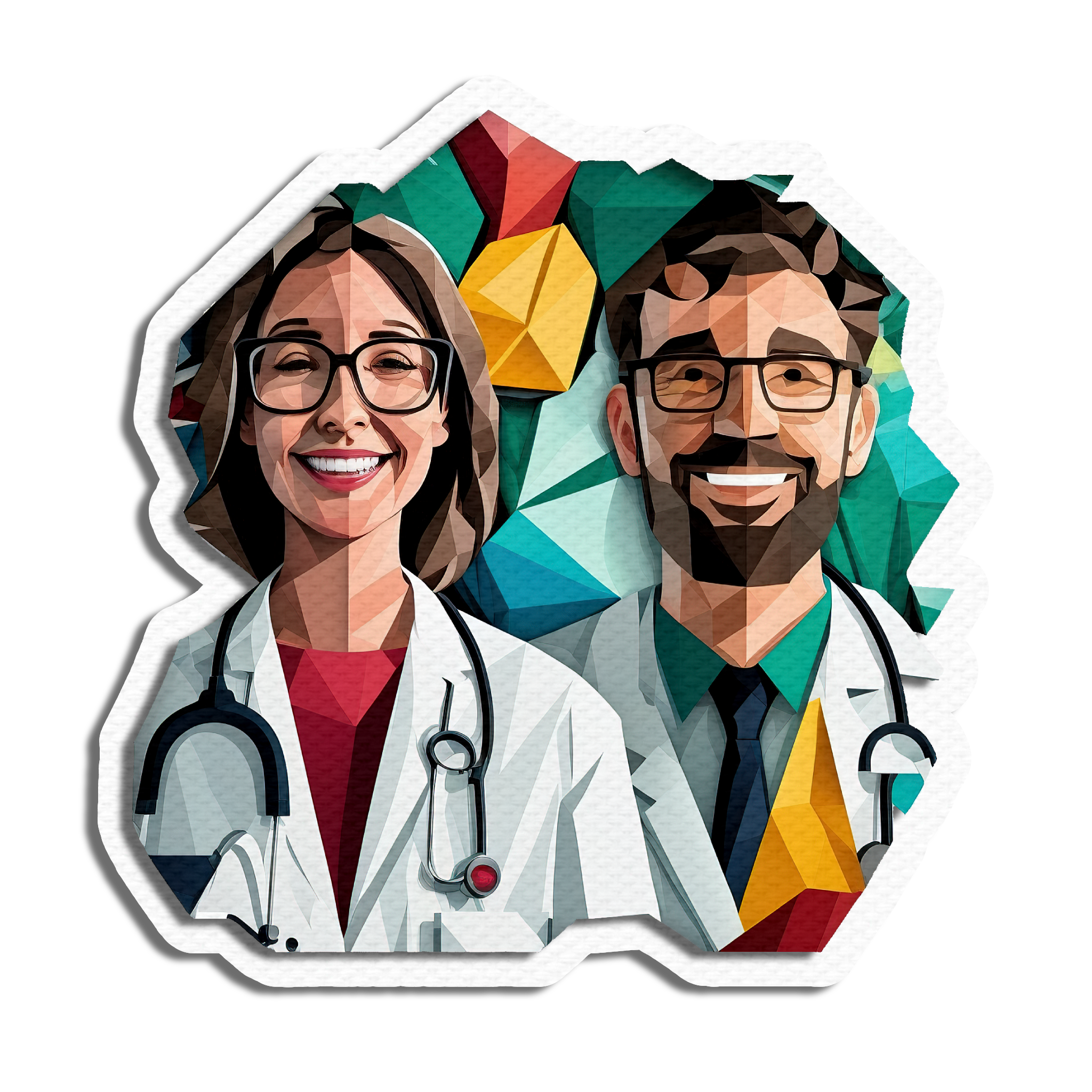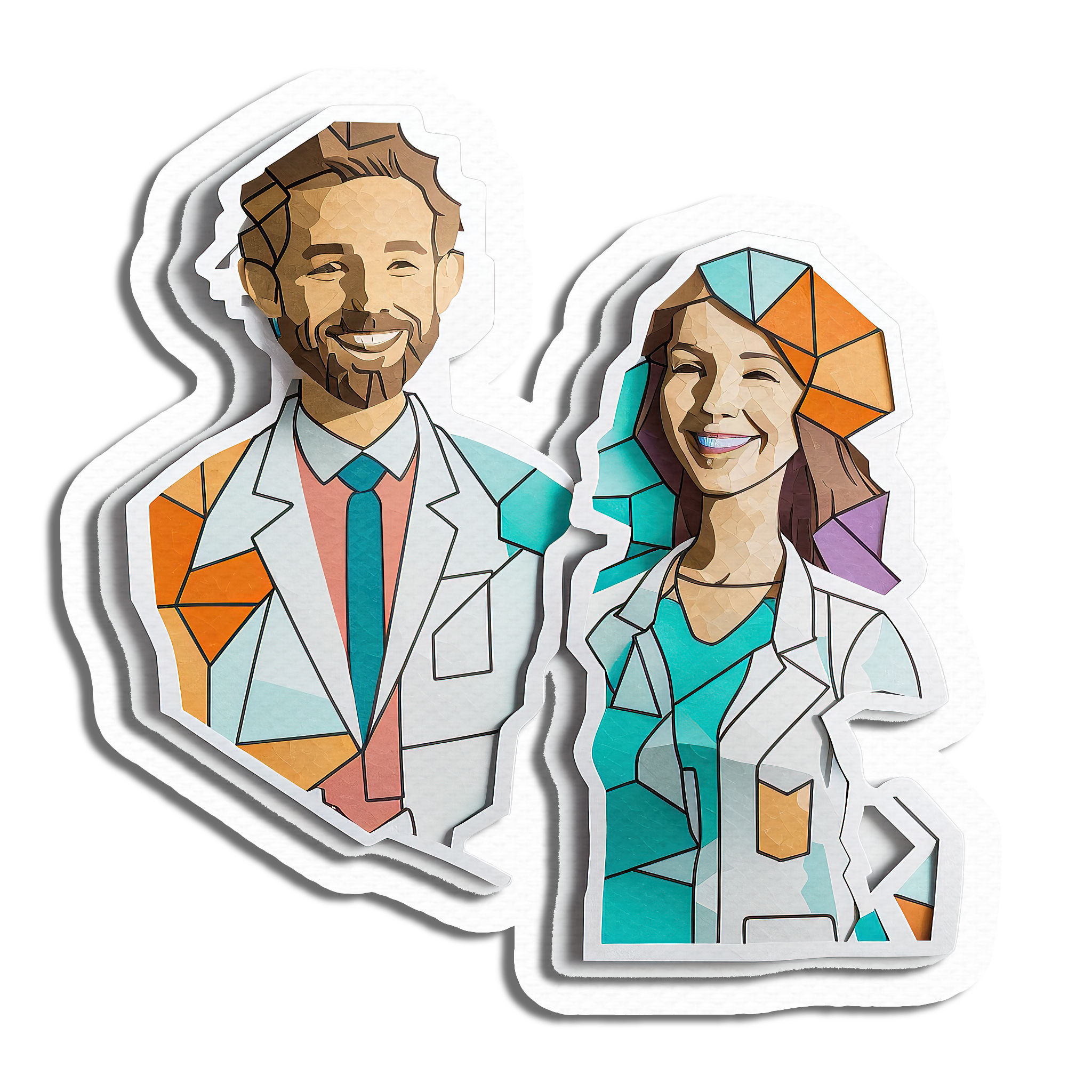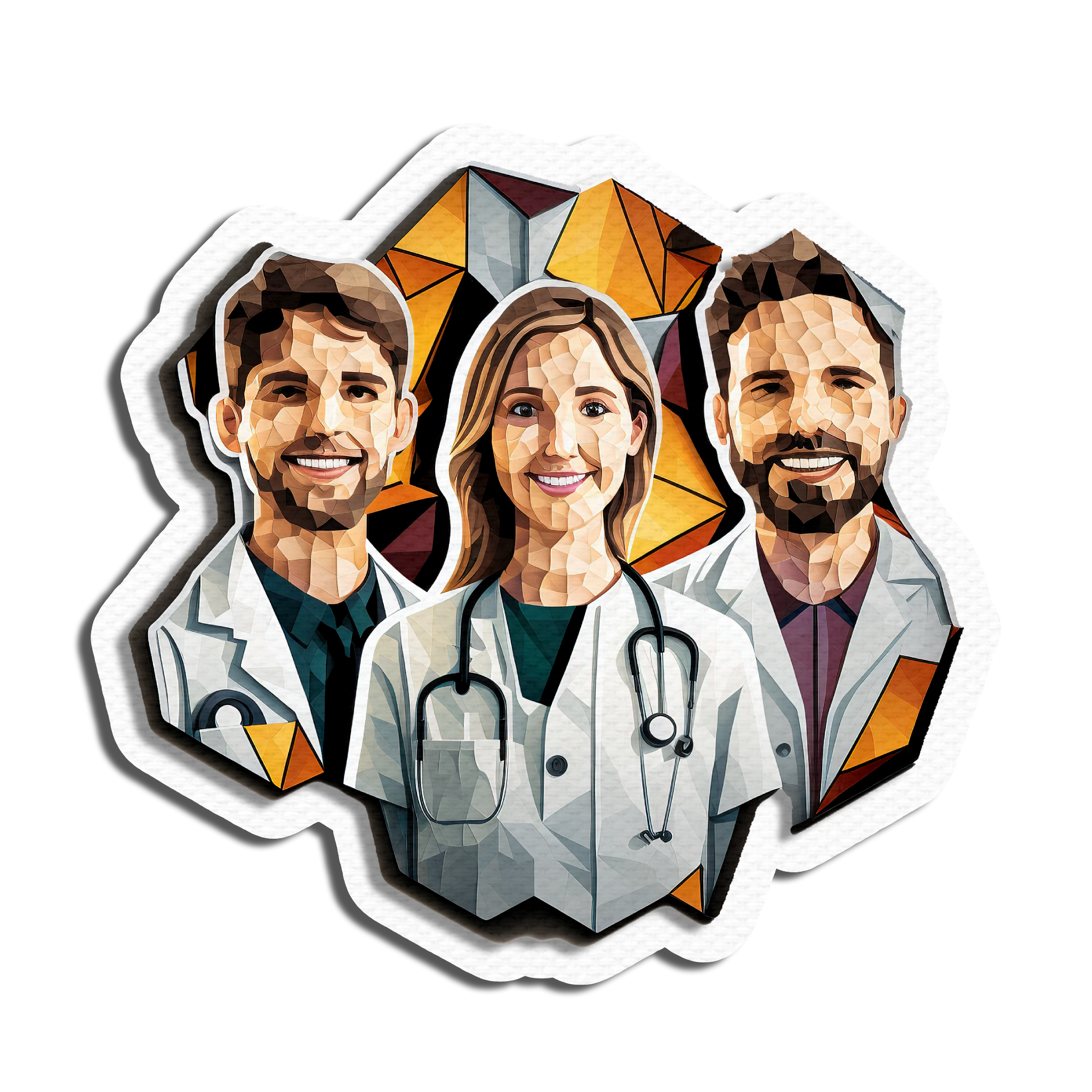Success and Happiness: Surprising Evidence That We Might Have It Backwards (And What EM Physicians Can Do About It)
We're often told that if we work hard, we'll be successful.
And if we're successful, then we'll be happy.
But what if we have this equation is backwards?
What if success isn't the key ingredient of happiness, but instead a product of happiness?
Book: This tidbit is inspired by the book, “The Happiness Advantage” by Shawn Achor. Shawn is a professor of positive psychology at Harvard University and is one of the leading experts on human potential. The book details research from over 200 studies on the psychology of happiness and how cultivating positive brains makes us more motivated, efficient, resilient, creative, and productive. In my opinion, many of the concepts in this book can be applied to our career in Emergency Medicine. Specifically, how improving well-being has potential to improve resident performance (study link) and help residents contribute to the growth of our program.
The author provides several evidence-based tactics that we can use to increase our own baseline levels of happiness:
Mindfulness and Meditation
Finding something to look forward to.
Research shows that the most enjoyable part of an activity is not the activity itself, but the anticipation.
In residency, this could look like planning something fun for your vacation weeks or looking forward to an upcoming social event.
Committing to conscious acts of kindness.
At the start of your ED shift, try to find one genuine compliment that you can give.
It can be as simple as, “Hey, I like your scrub color/scrub cap today!”
But make sure it is genuine. One genuine compliment is a guaranteed mood-booster for yourself and the other person.
Exercise.
This can be tricky (I know this one has been difficult for me in residency). Here are a few tips if you need a place to start: Keep it short and simple. Do it with a group. Make it an activity you look forward to. Remember: It doesn't have to mean training for a marathon - A simple 10-minute walk around the block has shown a lot of evidence to boost your mood and is a great way to move your body.
Use a signature character strength.
We all come into residency with unique experiences, interests and skills. If you have interest in something, give it a go! Explore ways you might be able to use that strength to contribute to others. Research has shown how this can positively impact our happiness and well-being. Every single one of us in this program has unique strengths.
The Tetris Effect.
What is the “Tetris Effect”?
The “Tetris Effect” is the concept that as events happen around us, our brains are constantly looking to identify patterns.
As a negative event or negative outcome happens, a resident who is unhappy, exhausted, or in a negative mindset will be easy to blame others.
How might this impact a residency program?
A resident with a lifted mood or positive mindset will see a negative event as an opportunity for improvement and will be more likely to spend energy searching for a solution.
This is why wellness (and happiness) is not only good for resident productivity, but also for growth as a program.
How can we develop this mindset?
A simple way is to write down three things that we're grateful for every day. This forces us to engage with the part of our brain that consciously looks for the positives in our daily lives, which will then have a ripple effect as we go into our shift.
There is a lot of evidence that supports simply writing down three things you're grateful for each day has a bigger impact on your personal happiness than doubling your salary at work (pretty mind-boggling!)
Social Support
Research from Harvard was completed on over 24,000 American workers looking into the connection between social network and mental health.
This study (link) found that people with few social connections are two to three times more likely to be diagnosed with depression.
Other studies have found that having a poor social support network is just as bad for your life expectancy as things like smoking, obesity, high blood pressure and inactivity.
This is another reason why investing in social events for resident wellness is a good thing.
I know this can be a challenge when we are exhausted (there are certainly times when I struggle with this more than anyone). Regardless, we are a family, and all here for each other! Every one of you.
Conclusion
Conclusion: Happiness is a subjective emotional state, but the evidence in this book demonstrates how important it is not only for our mental and physical well-being, but also to our performance as students and Emergency Medicine residents. Our own happiness makes a big impact on our performance, patient outcomes, and the happiness of those around us (study). In my opinion, investing effort into resident wellness has potential to make a positive impact in the performance of our residents as well as for innovation and positive growth of our residency program.
Dan








